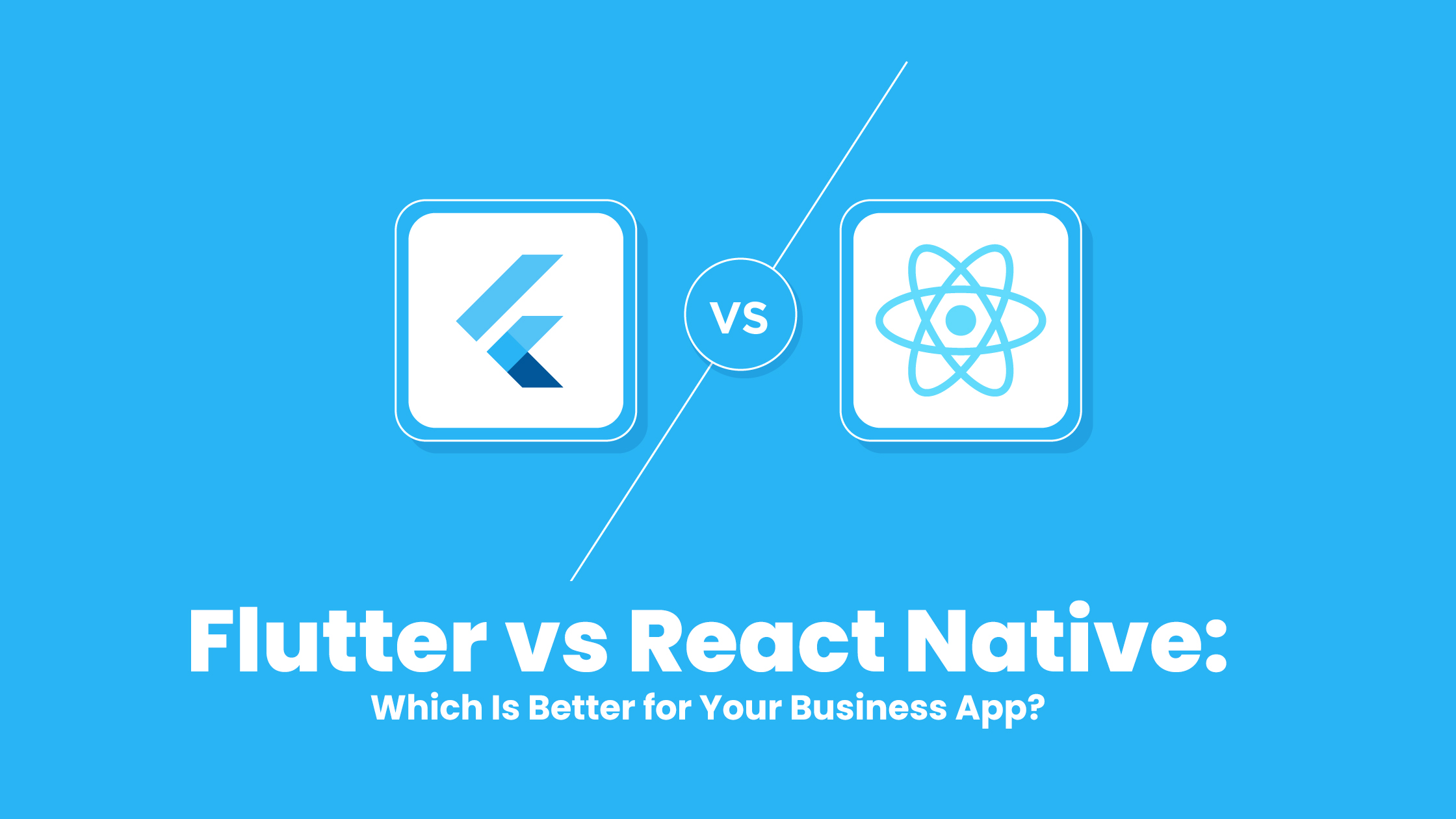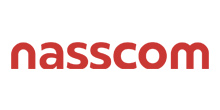
This blog will discuss the strategies to create an SEO-friendly web app with React. So, let’s begin!
Understanding SEO Basics
Search Engine Crawling and Indexing
Search engines like Google use crawlers to navigate the web, scanning websites for content. Once crawled, the information is indexed, cataloging it for future retrieval in search results. Ensuring a website is easily accessible and comprehensible to these crawlers is essential for effective SEO.
Keyword Research and Optimization
Keyword research involves identifying users’ words and phrases when searching for specific content. Integrating relevant keywords into website content, meta descriptions, and headers enhances visibility in search results, aligning the site with user intent.
On-Page SEO Best Practices
On-page SEO focuses on optimizing individual web pages to rank higher and earn more organic traffic. This includes optimizing title tags, meta descriptions, heading tags, URL structure, and content quality. Complying with on-page SEO best practices ensures a website is well-positioned for search engine success.
Incorporating SEO in React
Incorporating SEO in React
Rendering Techniques and SEO Implications
In React, the choice of rendering technique impacts SEO. Traditional client-side rendering (CSR) often poses challenges for search engine crawlers due to its reliance on JavaScript to assemble content. Understanding these implications is crucial for effective SEO integration.
Server-Side Rendering (SSR) vs Client-Side Rendering (CSR)
The SEO community debates the merits of Server-Side Rendering (SSR) versus Client-Side Rendering (CSR) in React. SSR generates HTML on the server, offering search engines pre-rendered content. CSR assembles content dynamically on the client side, potentially causing SEO challenges. Evaluating the trade-offs and selecting the right approach is a critical decision in React development.
Find a leading Reactjs development company to build an SEO-friendly website.
Hybrid Rendering Approaches
Hybrid rendering combines the best of SSR and CSR. It allows for server-side rendering of critical content while utilizing CSR for dynamic elements. This approach strikes a balance between SEO-friendly pre-rendered content and interactive client-side functionality.
Structuring Content for SEO
Semantic HTML Elements in React
Using semantic HTML elements in React helps search engines understand the content’s structure and context. Properly structured HTML enhances the user experience and improves SEO rankings.
Proper Usage of Headings and Subheadings
Headings (H1, H2, H3, etc.) provide a hierarchy to content, making it more digestible for users and search engines. Using headings correctly is a fundamental aspect of on-page SEO.
Creating SEO-Friendly URLs
Optimizing URLs with descriptive and keyword-rich slugs not only aids user navigation but also enhances SEO. Clean and concise URLs contribute to better search engine rankings.
Optimizing Images and Media
Alt Texts for Images and Accessibility
Adding descriptive alt texts to images improves accessibility for visually impaired users and provides search engines with valuable context about the image content. This accessibility feature indirectly benefits SEO.
Lazy Loading for Improved Performance and SEO
Lazy-loading images can enhance website performance by reducing page load times. Improved performance positively impacts user experience and SEO ranking.
Sitemaps for Media Files
Incorporating media files into a sitemap helps search engines discover and index these assets, ensuring they contribute to SEO efforts. A professional web development company in Kolkata helps incorporate such a strategy for an SEO-friendly React web app.
Enhancing User Experience and SEO
Page Load Speed and SEO Ranking
Fast-loading pages are favored by users and search engines alike. Google, for instance, considers page speed in its ranking algorithm. Optimizing site performance is crucial for SEO success.
Mobile Optimization and SEO
As mobile device usage continues to surge, mobile optimization is essential. A mobile-friendly design enhances user experience and positively influences search engine rankings.
User Engagement Metrics and SEO
User engagement metrics like bounce rate, time on page, and click-through rate are used by search engines to assess content quality. Higher engagement correlates with improved SEO rankings.
Navigational Best Practices
Creating Intuitive Navigation Menus
Intuitive navigation menus help users find content easily, leading to better user experience and SEO rankings. Well-structured menus enhance crawlability.
Implementing Breadcrumbs for Improved UX and SEO
Breadcrumbs provide users with a clear path back to the homepage or parent pages. They improve navigation and contribute to better SEO rankings.
Technical SEO Considerations
Proper Use of Meta Tags in React
Meta tags, including title tags and meta descriptions, play a crucial role in SEO. Properly crafted meta tags provide concise information about a page’s content, influencing click-through rates and search rankings.
Handling Redirects and Canonical URLs
Properly managing redirects and canonical URLs ensures that search engines index the right content. Avoiding duplicate content issues is vital for SEO. A professional web development company in Kolkata helps incorporate such a strategy for an SEO-friendly React web app.
Robots.txt and Noindex Tags
Robots.txt and no-index tags allow webmasters to control which parts of the website are indexed by search engines. They are valuable tools for managing SEO.
Handling Dynamic Content
SEO-friendly AJAX and React
Ensuring AJAX requests and dynamic content are SEO-friendly involves using techniques like server-side rendering or providing pre-rendered content to search engines.
Hashbang URLs vs HTML5 PushState
Choosing between hashbang URLs (#!) and HTML5 pushState for routing in single-page applications impacts URL structure and SEO. Evaluating the trade-offs is important when designing SEO-friendly SPAs.
SEO for Single Page Applications (SPAs)
Challenges and Solutions for SEO in SPAs
SPAs can pose SEO challenges due to their reliance on client-side rendering. Strategies like pre-rendering and server-side rendering are critical for overcoming these challenges.
Implementing Server-Side Rendering (SSR) in SPAs
Implementing SSR in SPAs enables search engines to receive pre-rendered HTML, improving SEO visibility and ensuring content is indexed effectively.
Accessibility and SEO
Importance of Accessibility in SEO Rankings
Accessibility is not only a legal and ethical requirement but also influences SEO rankings. Websites that provide equal access to all users receive preferential treatment from search engines.
React ARIA and Accessibility Best Practices
React ARIA (Accessible Rich Internet Applications) is a set of attributes that enhances accessibility. Implementing these attributes and following accessibility best practices contributes to better SEO rankings.
Schema Markup and Rich Snippets
Implementing Schema.org Markup in React
Schema markup provides structured data to search engines, enriching search results with additional information. Implementing schema markup in React can lead to more appealing and informative search listings.
Enhancing Search Results with Rich Snippets
Rich snippets are visually enhanced search results that attract user attention. Implementing schema markup can enable rich snippets, improving click-through rates and SEO visibility. A professional web development company in Kolkata helps incorporate such a strategy for an SEO-friendly React web app.
Tracking and Analyzing SEO Performance
Setting up Google Analytics for React Apps
Tracking and analyzing SEO performance is essential for optimizing strategies. Setting up Google Analytics for React apps provides insights into user behavior and site performance.
Monitoring Rankings and Organic Traffic
Continuous monitoring of search rankings and organic traffic helps webmasters adapt SEO strategies. Regular assessments ensure a website remains competitive in search results.
Content Quality and Relevance
Creating High-Quality, Relevant Content
Compelling content is the linchpin of successful SEO. Crafting informative, engaging material that addresses user queries and provides value is paramount. Quality content attracts organic traffic and encourages user interaction, positively impacting search rankings.
Avoiding Duplicate Content Issues
Duplicate content can hinder SEO efforts. Ensuring each page offers unique, valuable information is crucial. Implementing canonical tags and avoiding content duplication across different URLs helps search engines understand which version to index.
Social Signals and SEO
Leveraging Social Media for SEO
Social signals, such as shares, likes, and comments on social media platforms, can indirectly impact SEO. Engaging content that resonates with users often leads to increased social activity, potentially influencing search engine rankings.
Incorporating Open Graph Tags
Open Graph tags enable websites to control how their content appears when shared on social media platforms. Proper implementation enhances the visual appeal of shared links, potentially driving more traffic and improving SEO.
Link Building and Backlinks
Quality Backlinks and SEO
High-quality backlinks from authoritative websites signal to search engines that a site offers valuable content. Earning organic, relevant backlinks is a critical aspect of off-page SEO that positively impacts rankings.
Natural Link Acquisition Strategies
Natural link acquisition involves creating valuable content that naturally attracts backlinks. Providing unique insights, conducting original research, and offering exceptional resources are effective strategies for earning quality links.
Local SEO Strategies
Importance of Local SEO
For businesses with a local presence, optimizing for local search is crucial. Local SEO ensures that businesses appear in relevant local search results, helping attract nearby customers.
Google My Business Optimization
Optimizing a Google My Business profile enhances local visibility. Providing accurate business information, images, and customer reviews on the profile contributes to better local search rankings. A professional digital marketing company in Kolkata helps incorporate such a strategy for an SEO-friendly React web app.
Keeping Abreast of Algorithm Changes
Staying Updated with SEO Trends
Search engine algorithms evolve over time, affecting search rankings. Staying informed about SEO trends, algorithm updates, and best practices ensures that optimization efforts remain effective.
Adapting Strategies to Algorithm Changes
When search algorithms undergo significant updates, adapting SEO strategies becomes essential. Analyzing the impact of algorithm changes and adjusting optimization techniques ensures continued success in search rankings.
User Feedback and User Experience
Incorporating User Feedback
Listening to user feedback provides valuable insights into improving website content and functionality. Addressing user concerns and preferences can lead to a more satisfying experience, ultimately benefiting SEO.
User Experience as a Ranking Factor
Search engines prioritize user experience when determining search rankings. Factors such as page load speed, mobile-friendliness, and intuitive navigation significantly influence SEO success.
Conclusion
In the dynamic world of web development, optimizing React applications for search engines is paramount. A professional IT company in Kolkata helps incorporate strategies to optimize React web apps for SEO. By implementing a holistic SEO strategy, including server-side rendering, structured content, and user-centric design, webmasters can enhance visibility and user experience. Attention to technical details, such as proper meta tags and canonical URLs, ensures effective indexing. Prioritizing accessibility and ethical SEO practices further solidifies a web app’s online presence. By amalgamating these strategies, React applications can not only excel in user satisfaction but also thrive in search engine rankings, ultimately achieving a well-rounded, SEO-friendly digital footprint.
Category
Featured Posts





More reasons to trust us!
Excellis IT is building a skilled team in IT support, customer support, digital marketing, and back-office services for modern companies.

Excellis it is an esteemed ISO/IEC 27001:2022 certified company

We achieved the prestigious certification by MSME in 2019

We are certified by the Central Vigilance Commission

We are an honoured members of NASSCOM since 2022

